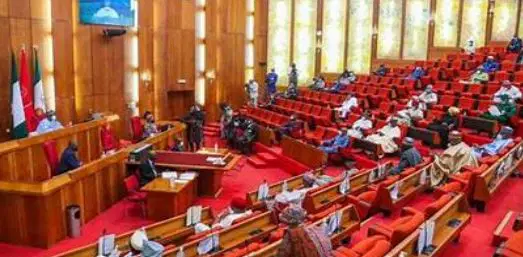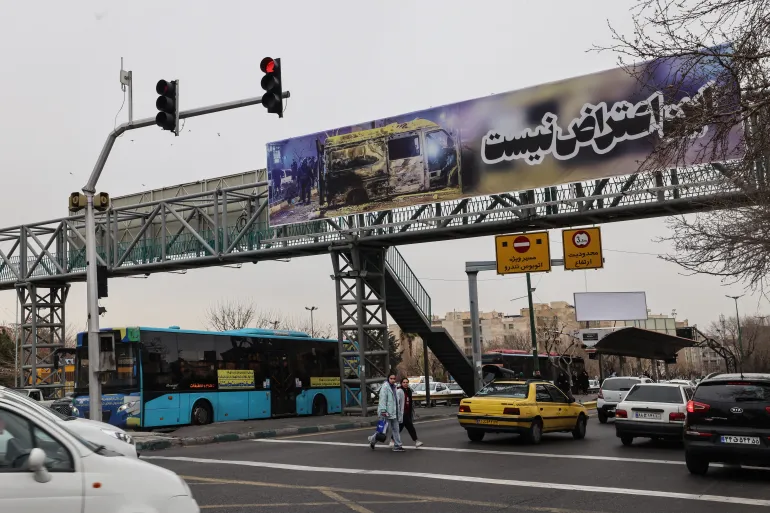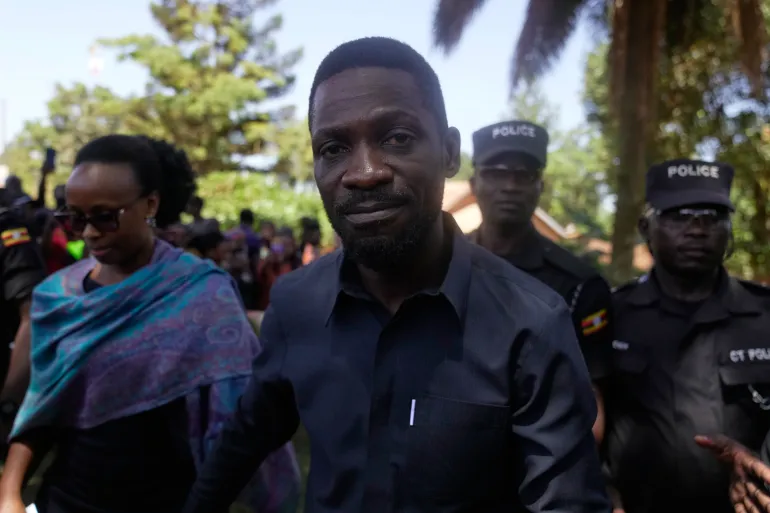2027 Electoral Act Amendment Suffers Setback in Senate

Plans to commence the amendment of Nigeria’s 2022 Electoral Act ahead of the 2027 general elections suffered a setback in the Senate on Tuesday.
The development followed the presentation of a lead debate by the Chairman of the Senate Committee on Electoral Matters, Senator Simon Lalong (Plateau South), on a bill titled: “A Bill for an Act to Repeal the Electoral Act No. 13, 2022 and Enact the Electoral Bill, 2025 to Regulate the Conduct of Federal, State and Area Council Elections in the Federal Capital Territory; and for Related Matters (SB. 903).”
The bill seeks to review and strengthen existing provisions of the 2022 Electoral Act to address operational challenges observed during the 2023 general elections and to enhance the transparency and credibility of future polls.
However, shortly after the lead debate was presented, the consideration of the bill could not proceed as several lawmakers raised procedural and technical concerns. Some senators reportedly argued that certain sections of the proposed amendments required further consultations and input from key stakeholders, including the Independent National Electoral Commission (INEC), political parties, and civil society groups.
As a result, the bill was stepped down pending further legislative action.
Senator Lalong, in his presentation, had earlier noted that the proposed amendments were aimed at “improving the efficiency of the electoral process, enhancing the independence of INEC, and ensuring that the will of the people is better reflected in election outcomes.”
He emphasized that lessons learned from the 2023 elections provided the motivation to revisit the existing law, especially in areas concerning electronic transmission of results, timelines for pre-election matters, and the nomination process within political parties.
The setback implies that the process of amending the Electoral Act may take longer than anticipated, raising concerns among political observers about the readiness of the National Assembly to conclude the review in time for the 2027 general elections.
The bill is expected to be revisited after further consultations and harmonization of the proposed changes.









